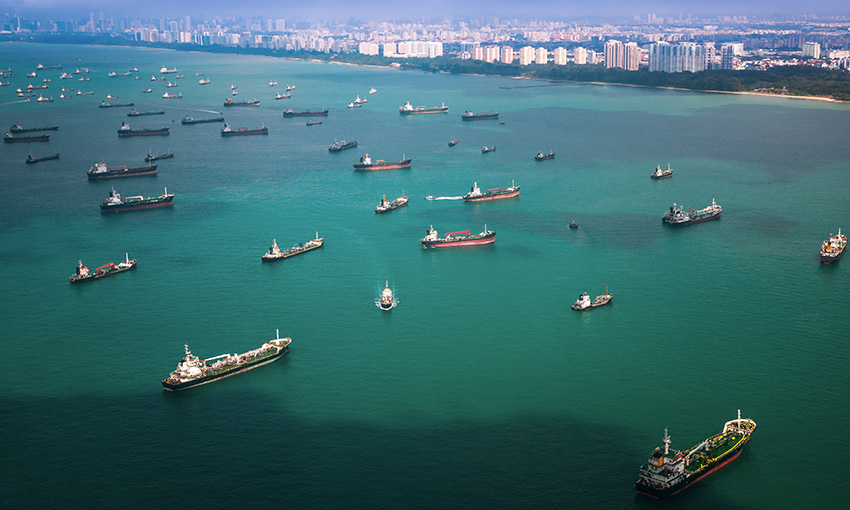CLASSIFICATION society DNV has joined a working group on methanol bunkering in Singapore.
The Standards Working Group, managed by the Standards Development Organisation at the Singapore Chemical Industry Council, aims to develop a technical reference for methanol bunkering.
The group comprises government agencies, bunker suppliers, bunker craft operators, engine manufacturers, testing and certification bodies, shipowners and operators, terminal operators and classification societies.
The technical reference will cover custody transfer requirements (quantity and quality) for the delivery of methanol as a bunker fuel.
It will set out to examine all aspects of bunkering, from the bunker tanker to the receiving vessels, considering operational and safety requirements for methanol bunkering, as well as crew training and competency.
Cristina Saenz de Santa Maria, regional manager South East Asia, Pacific and India at DNV Maritime, said initiatives such as this working group are essential as the maritime industry moves toward a multi-fuel future,
“For methanol and other alternative fuels to continue to build traction within shipping, we need to build confidence and encourage a wider uptake,” she said.
“This can only be accomplished through standards that enhance safety while providing a comprehensive and practical framework for all stakeholders.
“At DNV we have been working with our customers for many years on alternative fuels to enhance the sustainability of their operations and are very proud to be included in the Standards Working Group.”
DNV said the development of the technical reference comes alongside record-breaking orders for vessels that can run on alternative fuels.
The organisation logged orders for 35 methanol-fuelled vessels in 2022, and said the orders for LNG newbuilds in 2021 and 2022 will more than double the fleet in service on delivery.
Lukasz Luwanski, regional business development director at DNV Maritime, said interest in methanol is growing rapidly.
“Designs for methanol-fuelled vessels tend to be less complex, which means construction is typically less expensive than a comparable LNG fuelled vessel,” he said.
“On the other hand, due to incoming GHG regulations, a switch to green methanol will be required much sooner than for a vessel that is LNG powered.
“This will make the Working Group’s technical reference a very timely and important reference point for the industry.”





